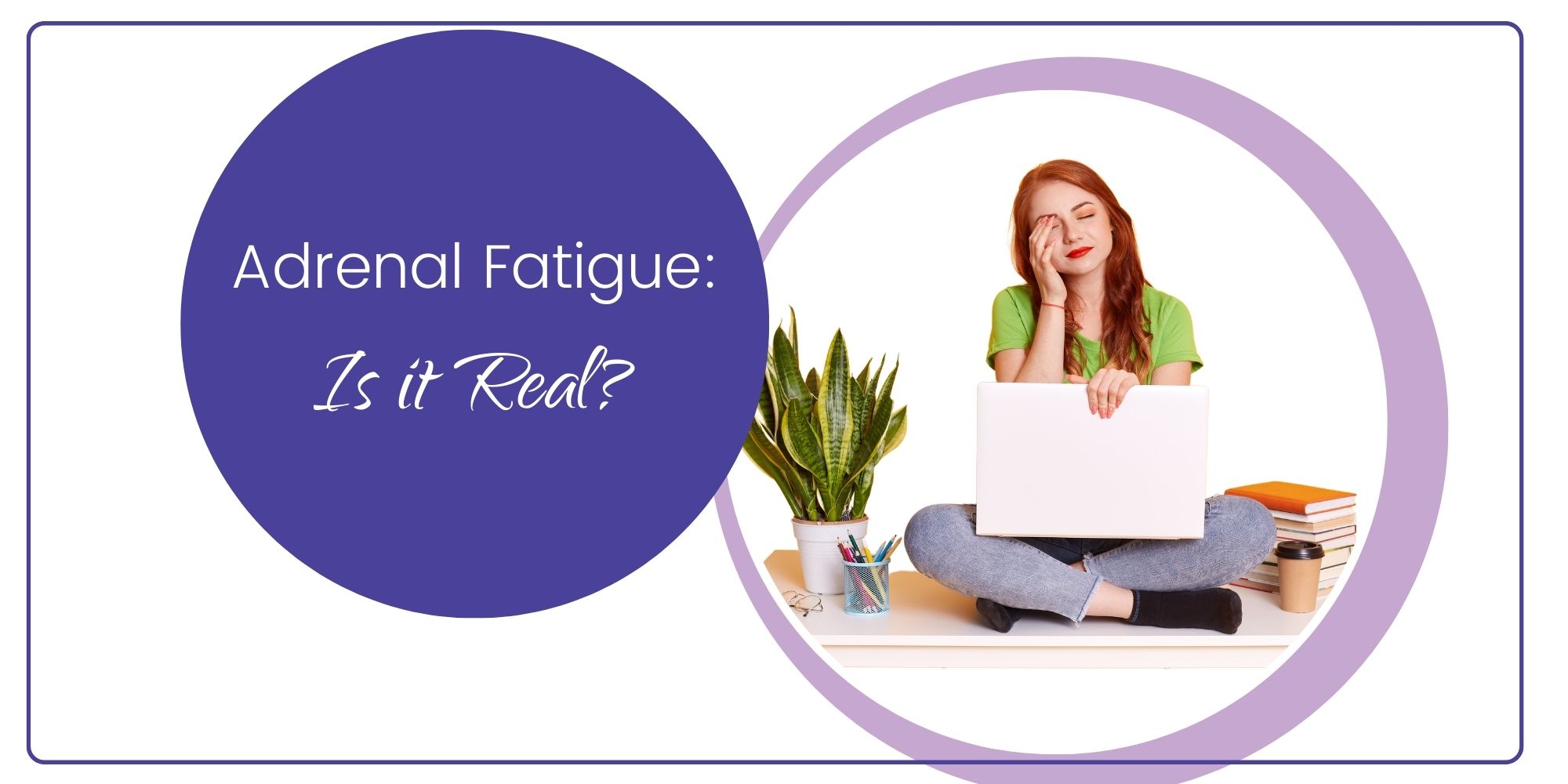
The ability to manage stress is a key to survival!
Our body has comprehensive stress adaptive systems in place, and the quick response control center is the adrenal glands. When this gland becomes overly stressed (distressed), our body’s ability to handle challenges of living reduces, and symptoms soon begin to appear.
What happens when you are under stress?
No matter the source of the stress — whether infectious, nutritional, emotional, or physical — the body responds in the same way: by increasing the production of stress hormones. These chemical messengers act on different systems to tell the body to prepare for action by:
- Improving mental alertness (which can cause anxiety)
- Raising blood pressure
- Increasing heart rate
- Increasing the energy supply
Where do these stress hormones come from?
Human adrenal glands are walnut size glands that sit atop our kidneys. The outer adrenal cortex comprises 80 percent of the adrenal gland and is responsible for producing over 50 different types of hormones derived from cholesterol. Two common hormones secreted are cortisol and DHEA (dehydroepiandrosterone).
Cortisol is a “flight or fight” stress hormone. This means it is a powerful “defense agent” that puts us on alert, slows down our digestion, suppresses immune defense and repair, and keeps us “revved up.” When this becomes chronic, we begin to tear ourselves down (cannibalize ourselves). This is catabolic in effect, meaning literally, “it eats us up inside.” In a nutshell, cortisol sustains life via two opposite but related kinds of regulatory actions; Enhance and activate our body’s existing defense mechanisms and modulate the same mechanisms to prevent them from causing problems. Cortisol production has a circadian daily rhythm with peak levels in the early morning and the lowest at night while we renew and restore our bodies during rest.
DHEA is the ‘mother hormone’ precursor to estrogens, progesterone, and testosterones. DHEA is our “feel-good” anabolic hormone. When in healthy balance, it promotes immune system health and youthful vitality. DHEA typically declines after age 35, while cortisol levels often show signs of continuing distress in too many people. In healthy people, levels of DHEA stay high, and cortisol stays healthfully low throughout our life span.
Stress, DHEA, and Cortisol
People with adrenal fatigue do not tolerate stress well and succumb to stress-related illnesses easily. As stress accumulates, progressively higher levels of cortisol are required acutely. The output of the adrenal gland decreases, making the body far less able to tolerate additional stress. Cortisol level can no longer rise in response to stress if the gland is already working as hard as it can. When adrenals are chronically overworked and strain to maintain high cortisol levels you lose the capacity to produce DHEA and other repair hormones in sufficient amounts. DHEA is necessary to moderate hormonal balance in the body. Insufficient DHEA production contributes to fatigue and, finally, adrenal exhaustion. Over time, adrenal function declines, gradually leading to failure.
Natural Adrenal Support
The mind and body are always connected, and interactive movement is essential for physical and mental peace. The ideal activities are those systems that combine breath and movement and are good ways to naturally rest and restore your adrenals. For example, the following practices are all meaningful and restorative ways of combining breath and movement:
- Traditional free form hatha and prana yoga
- Tai Chi
- Pilates
- Trager System
- Feldenkrais method
- Alexander technique
In mild to moderate cases of adrenal fatigue, results may be seen from diet and lifestyle changes aimed at reducing stress. Choose the Alkaline Way. The Alkaline Way is a personalized eating and lifestyle plan.
It can help individuals:
- Create immune resilience
- Improve digestion
- Achieve healthier bones and joints
- Get more restful, restorative sleep
- Decrease illnesses and infections
There’s an adrenal stress test that looks at cortisol and DHEA levels over four time points during the day through a salivary sample. Better Lab Tests Now offers a Hormone Adrenal Function Panel which is an accurate way of assessing adrenal hormone levels.
(NOTE: Addison’s disease is an uncommon (1 in 10,000) autoimmune disease that affects the adrenal gland and causes it to fail. It should be ruled out when test results indicate complete failure of the gland.)
